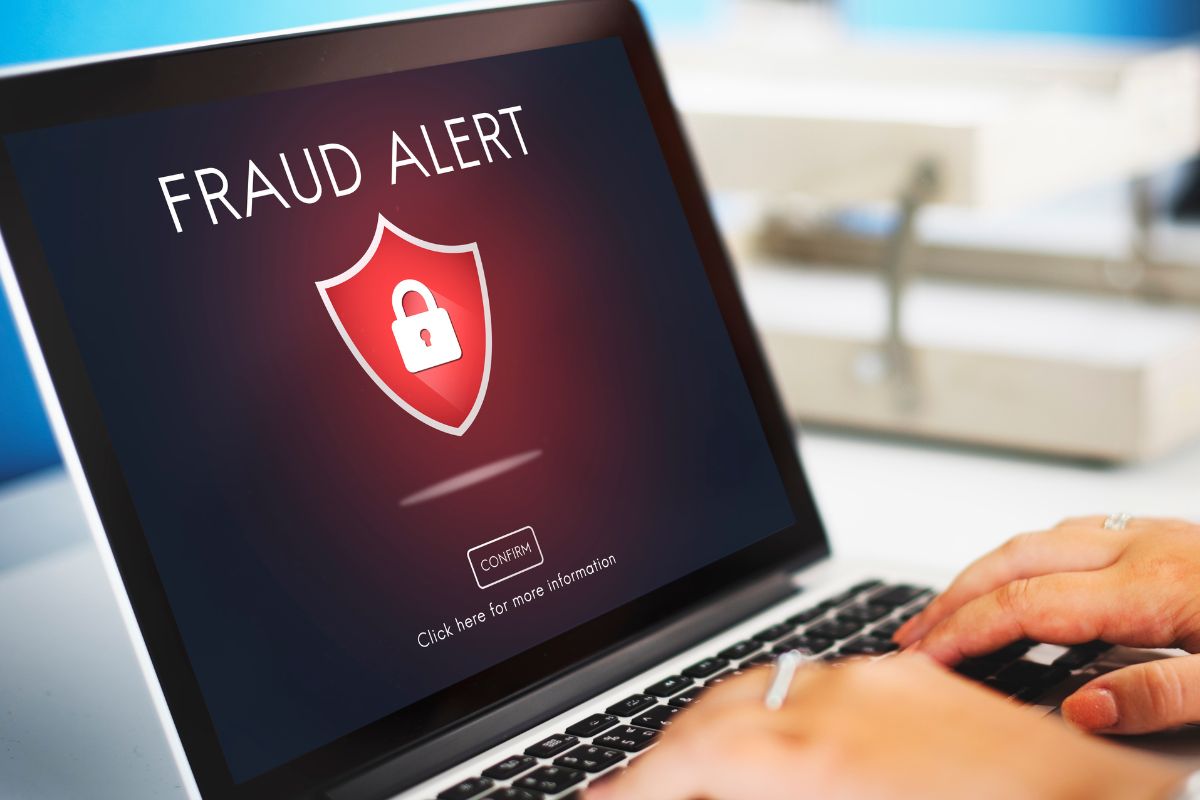Fraudsters attempting to perpretrate traditional fake check fraud through online channels is rising. Fraudsters lure business owners by sending emails or social media messages indicating that they are interested in the product or service offered by the business. Once the scammer agrees to make a purchase, they then send a check for more than the total cost, claim the excess funds were sent in error, and asks the business owner to wire them the excess funds. In many cases where the checks are cashed or deposited, the business owner wires the funds to the scammer before discovering that the check is fraudulent. Be aware and protect your business against internet check fraud scams. The following tips, can help your business from becoming the victim of such threats:
- Always be cautious of someone who attempts to pay more than your asking price. If you receive a check for overpayment, it may be best to return it and request a cashier’s check or a check from a local bank in the correct amount.
- Don’t be rushed. If someone really wants to do business with you, they will wait until you are ready to make a legitimate transaction. Furthermore, if an individual wishes to make changes to the terms of the transaction, such as where and how the payment is sent, do not let your eagerness to complete the transaction blind you to potential red flags.
- Don’t deposit a check that requires you to wire money back. There is no legitimate reason for someone who is giving you money to ask you to wire money back. If a stranger wants to pay you for something, insist on a cashiers check for the exact amount, preferably from a local bank or a bank that has a branch in your area.
- Attempt to verify the legitimacy of the check. You can always try to validate a check by contacting the issuing bank. Do not use the contact information that appears on the check. Do some research and obtain the contact information independently through trustworthy resources.
- Always remember that you are responsible for the items you deposit into your account. Having the funds credited to a bank account does not mean the cashed check is valid. Federal banking rules require the bank to make the funds of deposits available generally within a day or two. However, the bank also has the right to recover the money from the account holder if the check is counterfeit.
- Beware of Social Engineering, Phishing, and Ransomware. Cyber scammers may try to get business owners to wire money or provide access to sensitive company information. It often starts with a phone call, phishing email, or a social media contact that seems to come from a trusted source. Scammers use malware to lock organizations’ files and hold them for ransom.
- Sign up for free scam alerts from the FTC. Get the latest tips and advice about scams sent right to your inbox.
For more tips visit First County Bank’s website Customer Resources and explore our eFraud Prevention & Safety Tool
If you have any questions please call our Customer First Contact Center at (203) 462-4400 (Monday – Friday from 8:30 a.m. to 4:30 p.m.)
